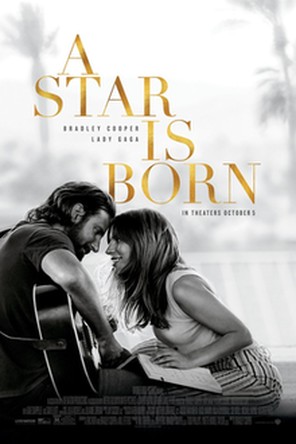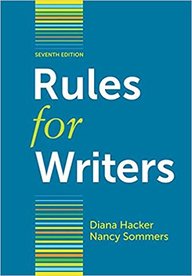|
by Qwayonna Josephs
Looking back now, it’s crazy to think that my introduction to Black-led stories was a book with a Black man on the cover, holding a gun, a book that was distributed to schools from Scholastic and praised as honest portrayals of inner city kids. Yet, every one of those books I read came from the mind of Paul Langan, a white man who claims in an interview that his intention behind the idea was sparked by minority students wanting to see themselves in print. I’m sure that drew lots of students to the books, seeing someone who looked like them on the cover―it definitely drew me in―but, with maturity and clarity, I now understand the harmfulness of these stories and characters. While trying to show our “experiences,” the books highlight negative stereotypes, slap on a problematic cover, and end up in the hands of impressionable elementary, middle, and high school kids that are desperate to see themselves in a story.
0 Comments
 Photo by Joelle Nebbe-Mornod on Flickr Photo by Joelle Nebbe-Mornod on Flickr by Bryce Morris Since the summer of 2017, I have been writing my own social media reviews on Instagram based on pop culture topics such as film, television, comic books, and video games. Before I write my Instagram reviews, I avoid any other reviews or comments that may influence my opinion before I view the product myself. It can be difficult to prevent others from influencing my opinion. In favor of collective opinions expressed on Instagram, Twitter, and Facebook becoming the determinant, the sacred days of everyone having their own distinct opinion seem to be fading into the background. Social media sites have opened the floodgates for users to produce reviews and begin discussions of their own. Most social media users are so keen to have followers and an artificial sense of community that they will not hesitate to share misguided content. This can range widely, including news footage, articles, celebrity gossip, political prospects, and even reviews directed at several forms of media. Quite literally anyone, myself included, can go out and create a review with their smartphones or computers now, which is a scary ability that is already harming the world of entertainment. Everyone has a right to their own opinion, but when that single opinion actually stands in as the opinion of several others, then it becomes an issue within the world of creative expression. by Brianna McCray
by Leo Kirschner  There is no such thing as originality! Don’t believe me? Go visit your local cineplex. 2018 brought us A Star Is Born, the fifth - yes fifth! - film adaption of the tragic love story between a celebrity in decline and his younger female protege. Want more proof? Robin Thicke’s hit 2013 “Blurred Lines” sounded very much like Marvin Gaye’s 1977 single “Got To Give It Up.” The courts thought so, too. Even in literature, Stephenie Meyer’s Twilight begat E.L. James’ Fifty Shades of Grey. British folklore, mythology, even The Lord of the Rings found themselves interwoven in JK Rowling’s epic Harry Potter-verse. We are living in a culture where ideas are recycled and creativity is not highly regarded. I’m not the only one who believes this is true. In Mark Twain's Own Autobiography: The Chapters from the North American Review, the famed writer offered up a similar viewpoint: “There is no such thing as a new idea. It is impossible. We simply take a lot of old ideas and put them into a sort of mental kaleidoscope... We keep on turning and making new combinations indefinitely; but they are the same old pieces of colored glass that have been in use through all the ages.”  by Rebecca Rodriguez In high school, we are given our first copy of Diana Hacker’s Rules for Writers, which we are commanded to worship. It’s not a bad book, by any means, and (if read for anything other than MLA citation instructions) specific information on sentence structure can be found within it. In fact, there is an entire section dedicated to taking wordy sentences and tightening them. ←Example→ There is a section on tightening wordy sentences. Although fair warning is given that short sentences aren’t always concise, wordiness is considered ultimately taboo. Not only does it focus on eliminating redundancies, but it encourages us, the writers, to cut inflated phrases (e.g. change “At the present time…” into “Now...” or “Currently...”). We also must take every opportunity to reduce a clause into a phrases, or a phrase into a single word. Though we try not to worry about these rules outside of our research papers, it’s too late. Today’s generation of writers have already been brainwashed. |
Archives
July 2024
Categories
All
|
|
Glassworks is a publication of Rowan University's Master of Arts in Writing 260 Victoria Street • Glassboro, New Jersey 08028 [email protected] |
All Content on this Site (c) 2024 Glassworks
|



 RSS Feed
RSS Feed
